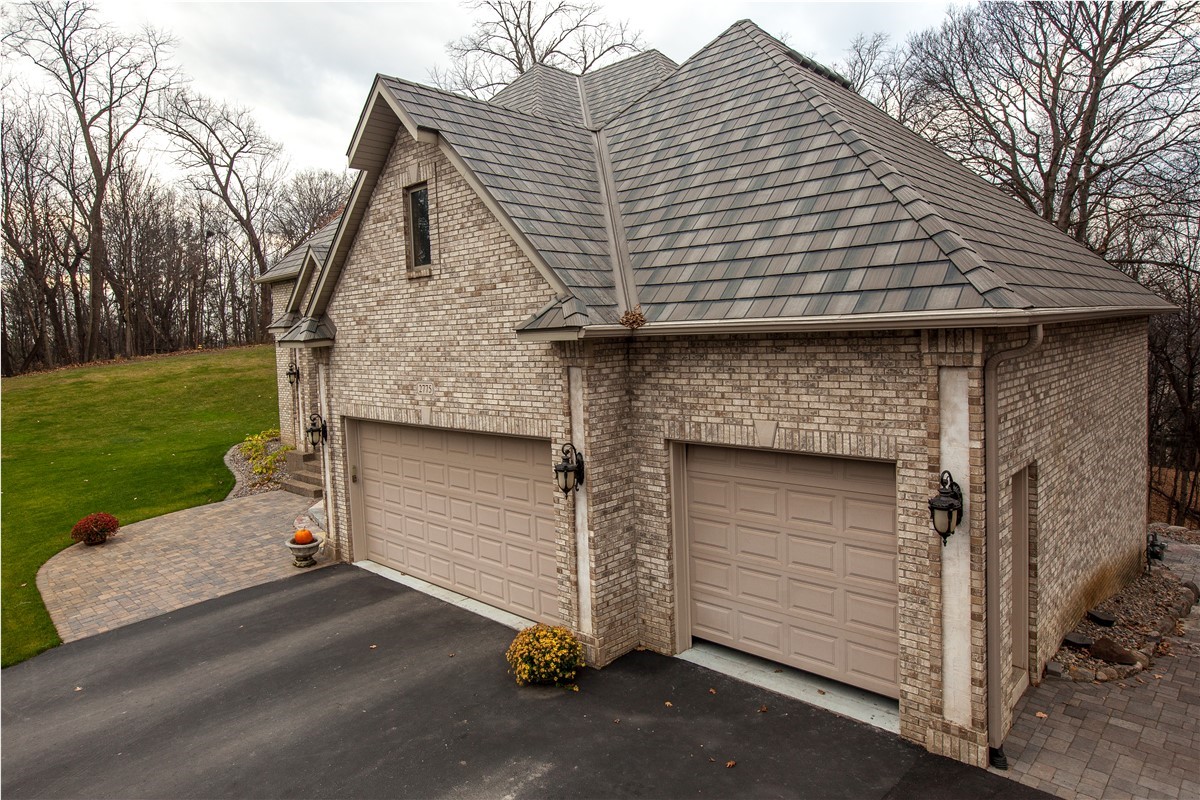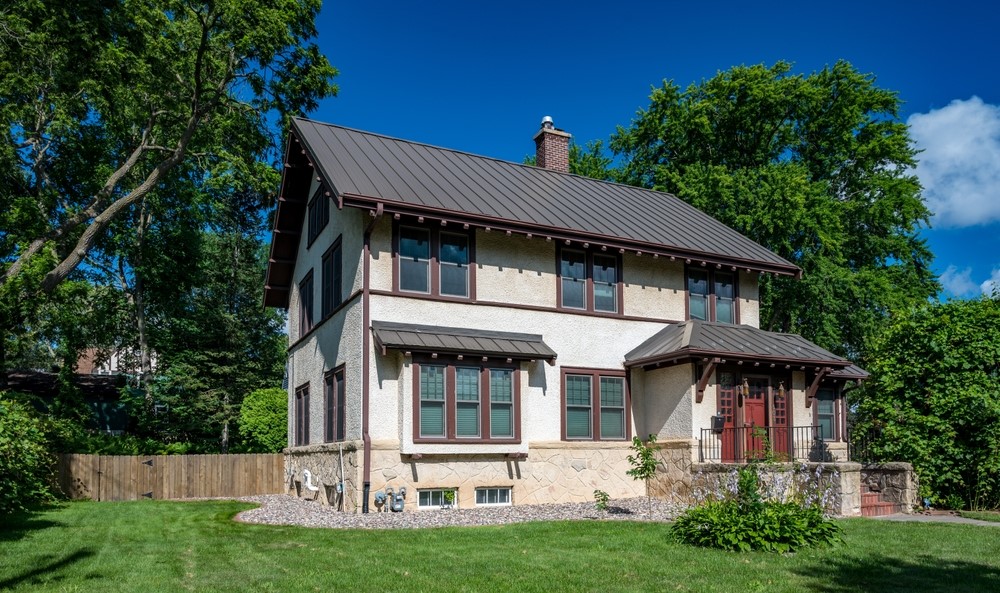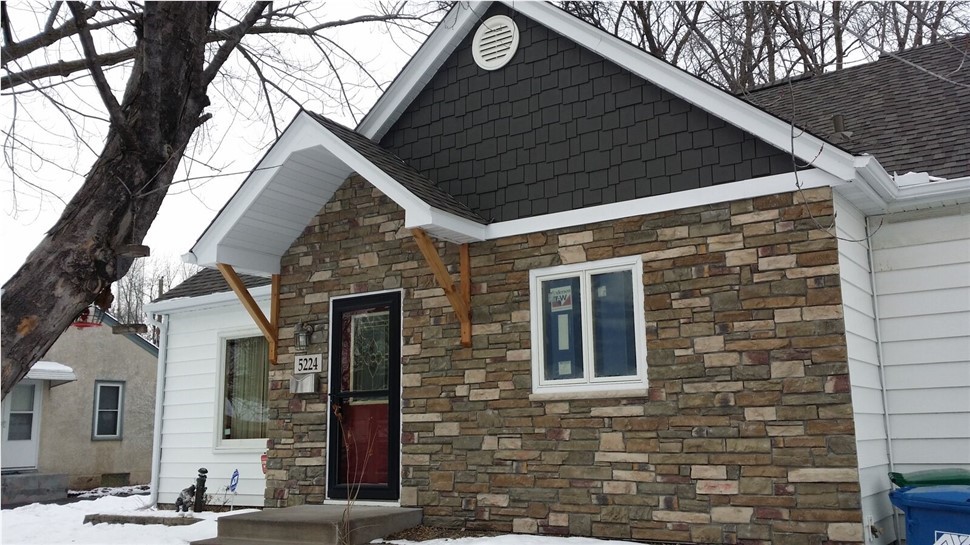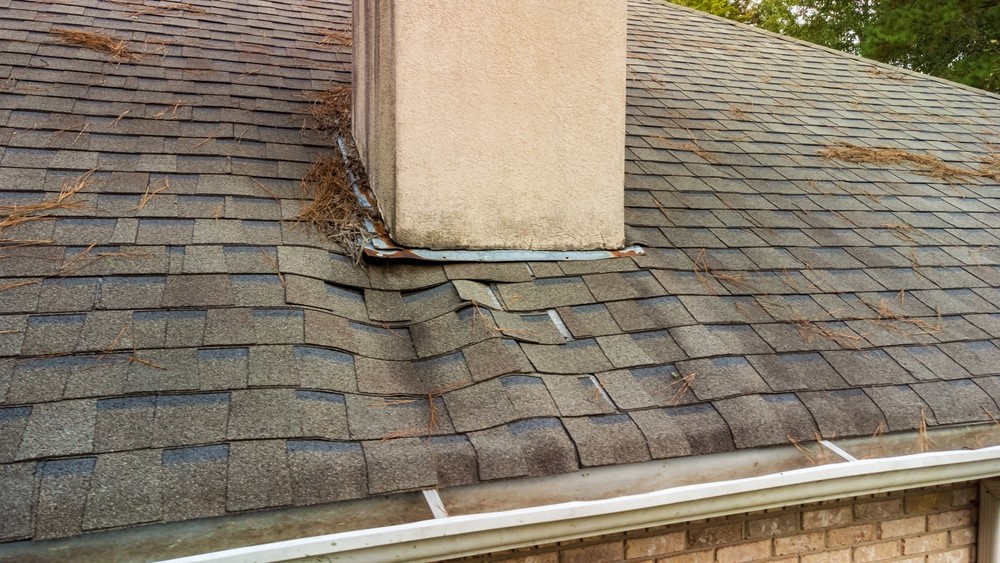Let's face it, home improvement doesn't come cheap (or if it does, it's probably not a good idea). Getting the most for your home remodeling dollars is important, and so it's a good idea to know what are the most common problem areas and how to avoid wasting your money.
Actual Cost vs. Value When Evaluating the Price of a Home Improvement ProjectThe most common money-waster most people make when taking on a home improvement project? Making a decision based on the installation cost rather than the actual value and the cost over time. For instance, if you're in need of a new roof, asphalt shingles with a 20-year warranty will cost less than a steel roof. However, if you're planning on staying in your home indefinitely, you should factor in such things as energy savings, homeowner's insurance discounts (many companies provide them if you install such fire-resistant materials as metal roofing and siding or fiber cement siding). Additionally, a metal roof has such an incredibly long expected life that you will probably never need to replace it. Compare that to the cost of another roof in 20 years.
When evaluating the actual cost of your project, take a look at the long-term value it will provide, as well as additional costs (or savings) involved. Another example - "discount" windows - they may be really inexpensive to purchase and install, but if you spend a little more you'll get better energy savings, which will help those more expensive windows pay for themselves quicker than the cheaper windows.
Home Remodeling - Straight Expense or a Value-Enhancing Investment?The second mistake many homeowners make is to approach home improvement as an expense rather than an investment. In actuality, most home improvement projects add value to your home, so while it is true there is an initial expense, you'll be getting a return on that investment in terms of an increase in your home's overall value. Other home improvements may not deliver as much of a return on investment but they provide what real estate professions refer to as "curb appeal." This is a factor that can't be underestimated if you intend to sell your home soon. Catching and holding the interest of a prospective buyer may lead to a quicker sale, which can have its own economic advantages.
The bottom line is when evaluating the cost of a home improvement project, there are a number of factors to be considered. Don't just look at the installation price - consider quality, value, and projected cost over time.
Quarve Contracting provides exterior home improvement services such as roofing, siding, gutters, windows, and doors. We specialize in green remodeling as well as quality products and expert workmanship.
Subscribe to Quarve Contracting's Blog







Comments